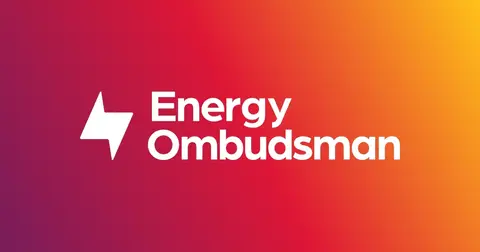Energy complaints: Switching now second only to billing

Switching has overtaken customer service as a source of unresolved complaints about energy suppliers and is now second only to billing, according to the Energy Ombudsman.
Switching has overtaken customer service as a source of unresolved complaints about energy suppliers and is now second only to billing, according to the Energy Ombudsman.
New figures show that, in the final three months of 2018, switching was responsible for 1.7 complaints to the ombudsman per 100,000 customers.
That meant switching was the biggest driver of non-billing complaints to the ombudsman for the first time in more than two years.
The news comes as the energy sector prepares for the introduction of new rules that will require suppliers to automatically compensate customers if their switch goes wrong.
Under the automatic switching compensation scheme, which takes effect on May 1, consumers will receive at least £30 in compensation for each switching problem they experience.
Energy regulator Ofgem says the new rules will give consumers peace of mind, boost confidence in switching and act as a “wake-up call” for suppliers.
format_quoteMatthew Vickers, chief executive at the Energy Ombudsman“Switching energy supplier can help consumers get better value for money and better customer service, so it’s important that they can have confidence in the switching process.
Our data shows, however, that too often changing supplier can cause issues that take weeks to resolve and require escalation to us as the ombudsman.
Problems that we see include everything from customers being switched in error, to delays in refunding credit balances to departing customers.
The message to suppliers is that regular switching is the new normal. A customer who has just left you could potentially be a customer again in future.
It’s therefore good business sense to treat switching and offboarding as part of your customer journey and ensure that any complaints are dealt with quickly and to the customer’s satisfaction.”
The Energy Ombudsman, which is authorised and appointed by Ofgem to resolve disputes between suppliers and their customers, welcomed the introduction of automatic switching compensation but added that suppliers shouldn’t simply award compensation without trying to fix the root cause of the problem.
format_quoteMatthew Vickers, chief executive at the Energy Ombudsman“We feel it’s essential that complaints are used to learn lessons, make improvements and raise industry standards.
Suppliers shouldn’t treat automatic compensation as a business cost without addressing the underlying issues.”
Under industry rules, a supplier has eight weeks to resolve a complaint before a consumer or small business can take their case to the Energy Ombudsman.
The ombudsman will then investigate and – if it upholds the complaint – require the supplier to take action such as issuing an apology or offering a financial award.
The aim is to return the customer to the position they would have been in had the problem not happened.
Unlike some ombudsman schemes in other sectors, membership of the Energy Ombudsman is mandatory and its decisions are enforceable in court.
The ombudsman’s complaints data for Q4 (October – December) 2018 shows that billing was again by far the biggest source of unresolved complaints – as it has been for every quarter since records began in 2015.
Billing problems, such as disputed balances, disputed usage and delays, were responsible for 13.21 complaints to the ombudsman per 100,000 customers.
Customer service was the third biggest driver of complaints to the ombudsman behind billing and switching, at 1.69 complaints per 100,000 customers.
More articles

Energy Ombudsman attends NEA Annual Conference and Exhibition 2026

Warning: Scam emails claiming to be from Energy Ombudsman

Ofgem confirms regulation for Heat Networks

Energy Ombudsman confirmed as ADR for flexibility service providers
Ready to raise your dispute with us?